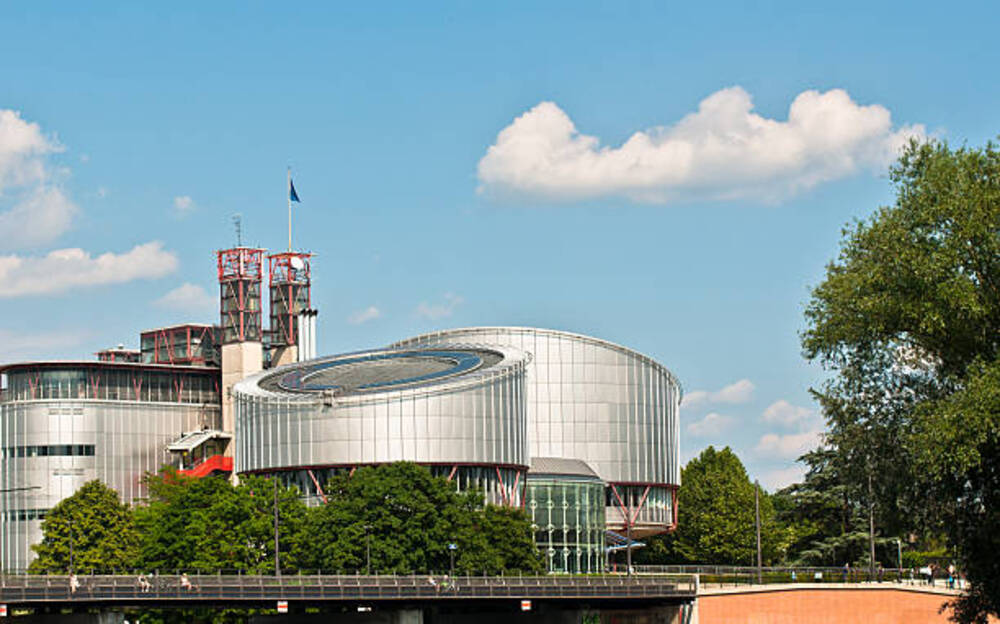Climate change is one of the biggest global challenges of our time, and it has severe implications for human rights. Climate change victims are suing the governments of over 30 European countries in three independent cases before the European Court of Human Rights, accusing that state inaction violated their human rights.
The three cases have the potential to have far-reaching implications for the interpretation of human rights law and the future of European climate policy.
European Court of Human Rights should decide on three cases
The first case, which is being heard on March 30, focuses on the health impact of climate change-induced heat waves. A large group of elderly Swiss women has been suing the Swiss government for six years.
Damien Carême, a member of the French Green party in the European Parliament, will present the second case on March 30. Carême is challenging France’s refusal to take more aggressive climate action.
The third case, scheduled for hearing after the summer, involves six Portuguese teenagers who are suing 33 countries, including all 27 European Union member states, the United Kingdom, Norway, Russia, Switzerland, Turkey, and Ukraine. They contend that those countries have violated their rights and should be ordered to take more aggressive climate-change mitigation measures.
What may have violated human rights?
The cases will mark the first time the European Court of Human Rights discusses whether inadequate climate change policies can violate people’s human rights guaranteed by the European Convention.
The Swiss women claim that the Swiss government violated their right to life by failing to reduce emissions in accordance with a path that limits global warming to 1.5°C. Carême’s application will look into whether insufficient government action can be considered a violation of the right to life by exposing people’s homes to climate risk.
The Portuguese youths argue that climate change-related impacts such as wildfires threaten their right to life and that failing to address climate change discriminates against young people who will be disproportionately affected.
What’s at stake for governments if they broke human rights?
The outcomes of the cases before the European Court of Human Rights may have broader ramifications, either supporting or undermining the prospects of similar cases being won in the future.
A win could inspire more activists and citizens to file similar lawsuits against governments, while a loss for the claimants could chill potential similar lawsuits. The fact that the three cases were all referred straight to the court’s highest bench – the ‘Grand Chamber’ – is considered significant, because only cases that raise important questions about the understanding of the Convention are sent there.
What could the Court decide?
The Swiss case asks the court to order drastic reductions in emissions within three years so that levels are “net negative” compared to 1990 levels by 2030.
The cases will be decided by a panel of 17 judges, and the decisions will be final. The outcome of the cases could result in orders for the governments involved to cut carbon dioxide emissions much faster than currently planned, potentially setting a precedent for future climate cases.
The outcomes of the cases can change climate policy in Europe
The three cases before the European Court of Human Rights could have significant implications for climate policy in Europe. They will determine whether state inaction on climate change violates human rights enshrined in the European Convention.
The outcomes of the cases could set a precedent for future climate cases and result in orders for governments to cut carbon dioxide emissions much faster than currently planned. It remains to be seen what the court will decide, but the cases underscore the urgency of the climate crisis and the need for governments to take more ambitious action to address it.

